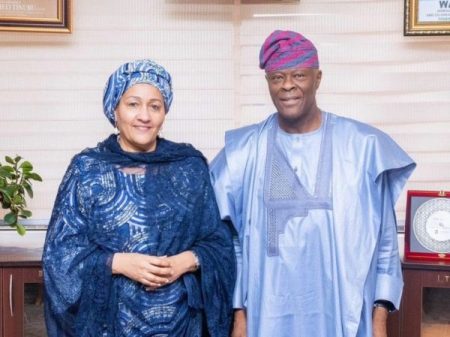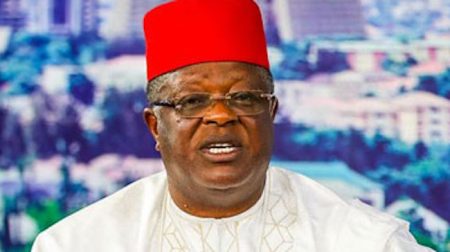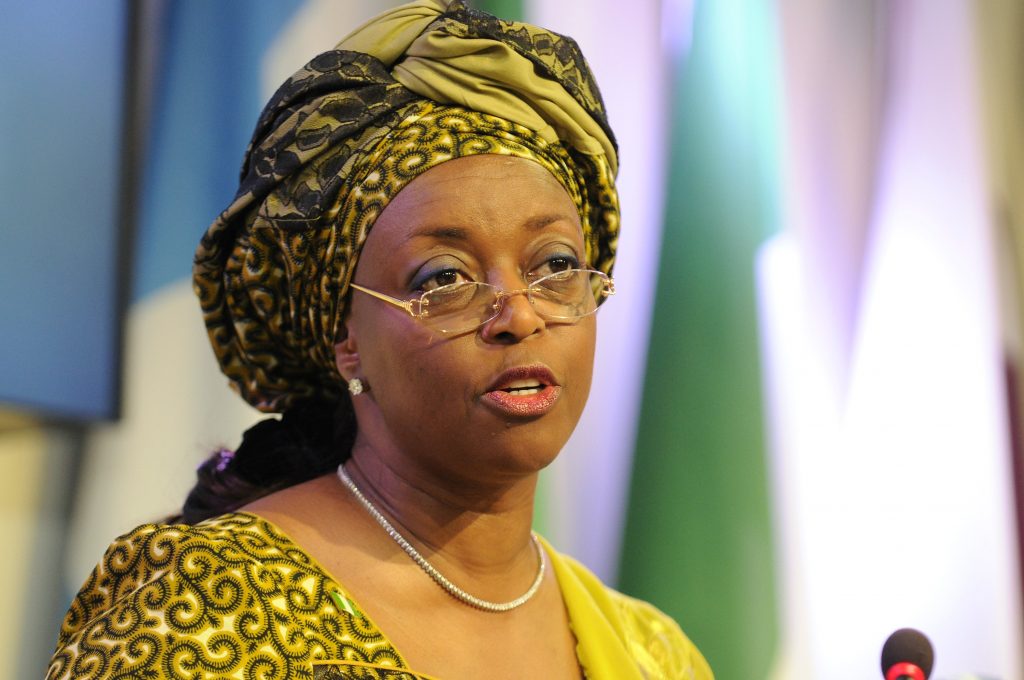
20 May 2015, Johannesburg – The Department of Energy would begin with the nuclear procurement process in the second quarter of this financial year, Minister Tina Joemat-Pettersson said yesterday.
“We will commence with the actual nuclear procurement process in the second quarter of this financial year to select a strategic partner or partners in a competitive, fair, transparent and cost effective manner. We expect to present the outcome of this procurement process to Cabinet by year end.”
The government approved the Nuclear Energy Policy in 2008. It provides for the expansion of the nuclear build programme to address the country’s socio-economic needs and to bolster the economy. The Cabinet also approved the Integrated Resource Plan 2010, which provides for 9 600 megawatts of electricity to be generated through nuclear power, with the first unit commissioned by 2023.
South Africa has signed various inter-governmental agreements with other countries, laying the foundation for co-operation, trade and exchange for nuclear technology as well as procurement. These agreements describe broad areas of nuclear co-operation and they differ on emphasis, based on the needs of each country.
Joemat-Pettersson, who was delivering her department’s budget vote in Parliament, said that completed inter-governmental agreements would be submitted to the Cabinet for discussion and endorsement in the coming weeks. After this, “the requisite parliamentary processes for ratification of these agreements will follow”.
Beneficiation strategy
In addition, there have been vendor parades with all nuclear vendor countries that have shown an interest in participating in the nuclear new build programme. The department will finalise the business model for the re-establishment of the nuclear fuel cycle facilities to take advantage of mineral resources and the state’s beneficiation strategy.
In preparation for the rollout of the nuclear build programme, the department has begun a nuclear skills development and training programme, through which students will receive focused training in various countries. Last month, 50 trainees from government nuclear industry entities were sent to China for phase one nuclear training; plans are under way to send a further 250 students to China.
The Russian Federation has offered five nuclear scholarships at Master’s degree level in nuclear physics this year, while South Korea has a standing programme to train South African students in Masters programmes in nuclear engineering.
Energy efficiency
Meanwhile, Joemat-Pettersson said the South African National Energy Development Institute continued to play a leading role with respect to a variety of energy efficiency initiatives. “The Cool Surfaces pilot programme, with a particular focus on schools and low-income households, will mobilise our youth to form part of energy efficiency initiatives.”
In addition, the municipal energy efficiency and demand side management programme would also continue. Already savings to the extent of 500 gigawatt hours had been achieved by various municipalities, primarily by retrofitting lighting in buildings, LED street-lighting, the installation of smart meters, water and sewage pumps.
She also spoke about the solar water heater programme, saying it would be changed, effective from this budget year. “The planned new contracting model has been submitted for Cabinet approval. In order to drive the localisation effort, the installation programme will be rolled out by local municipalities.
“In keeping with the inter-governmental relations framework, national and local government will collaborate in ensuring that the programme delivers on local enterprise and skills development.”
Maintenance programme
The maintenance and life cycle management of installed products and the creation of employment opportunities targeting the youth, women and military veterans would be prioritised. In partnership with the Department of Labour and the Energy and Water Sector Education Training Authority, a comprehensive training programme would be implemented.
The Department of Labour had allocated R38-million for this, while the Energy Department had allocated R500-million. “We are confident that once in full implementation mode, additional funding will be solicited from the fiscus,” she added.
The Integrated National Electrification Programme is responsible for planning, project management and funding the bulk infrastructure grid and non-grid new connections for households. Joemat-Pettersson said R4.2-billion had been appropriated in the last financial year and that her department was on track to deliver 265 000 connections from grid and non-grid technologies by June.
The non-grid programme would be implemented in urban areas to increase basic services in informal settlements.
The programme would get R5.7-billion for the 2015/16 financial year, while Eskom and municipalities would receive R3.6-billion and R2-billion, respectively. “We will deliver 280 000 new grid and non-grid connections in this budget cycle,” she added.
*SAnews.gov



